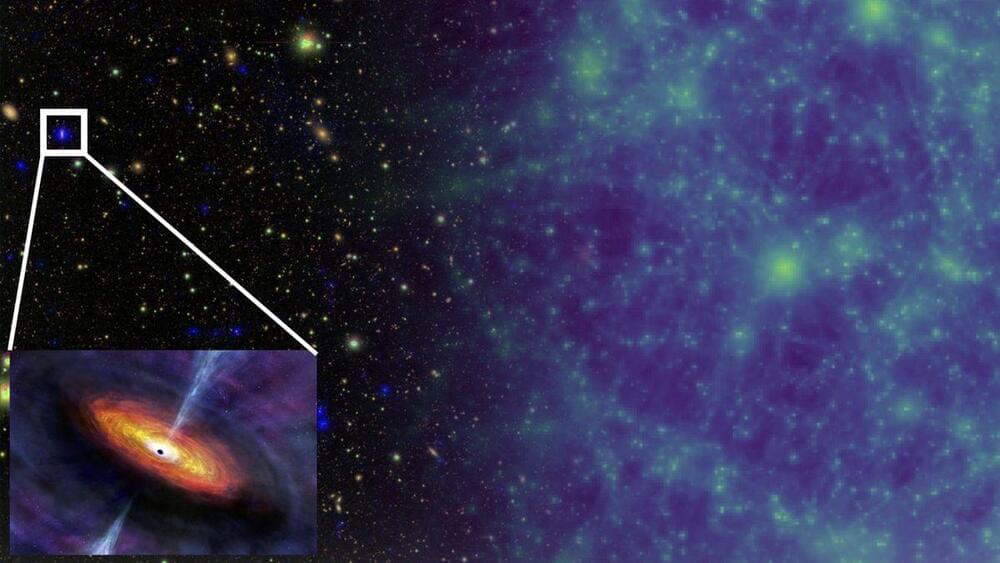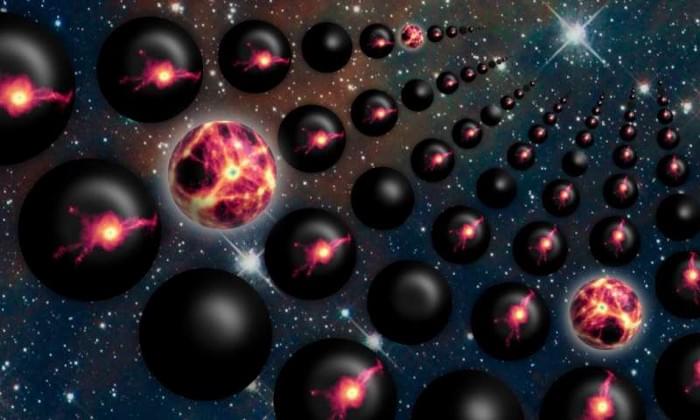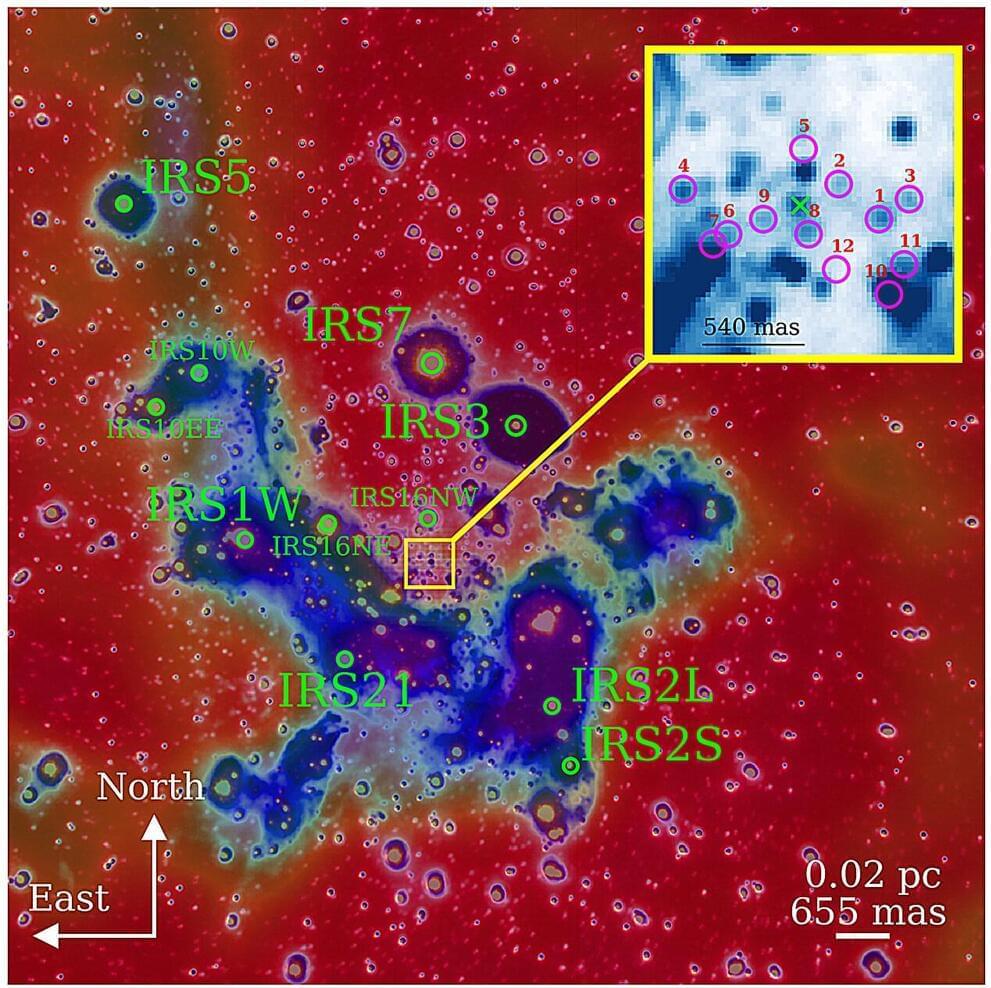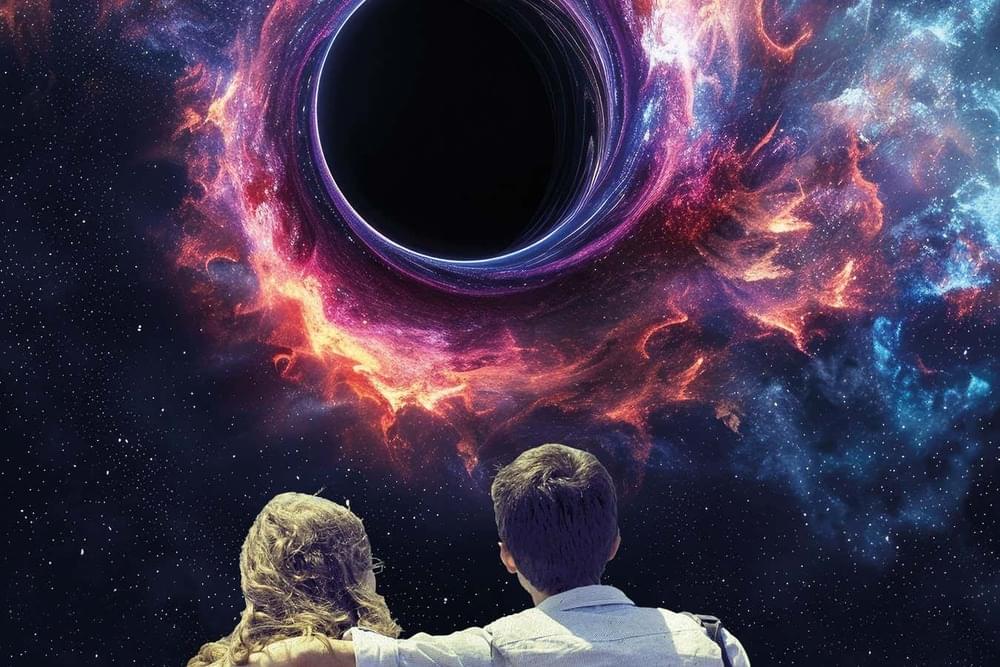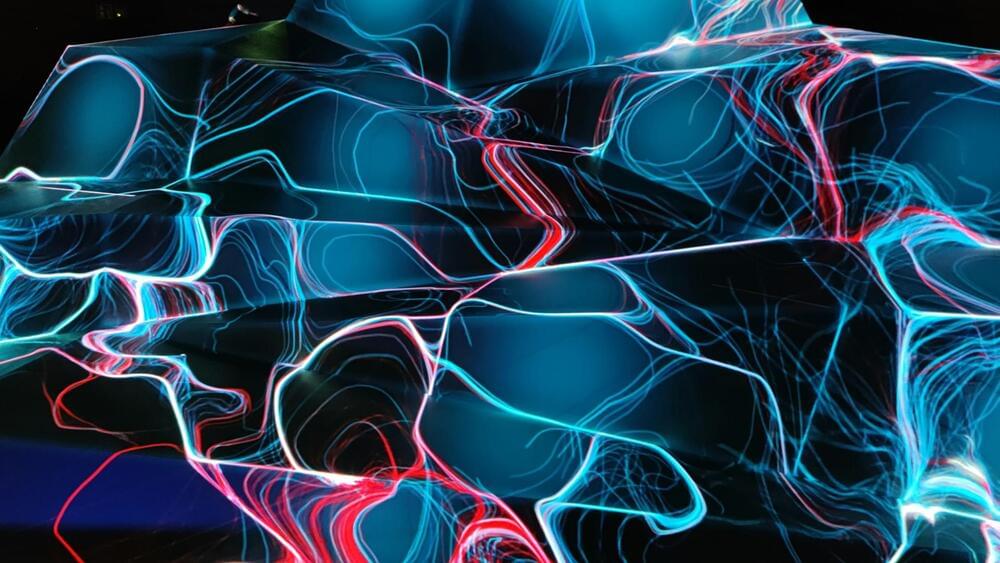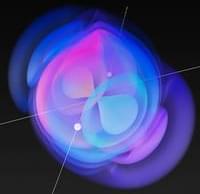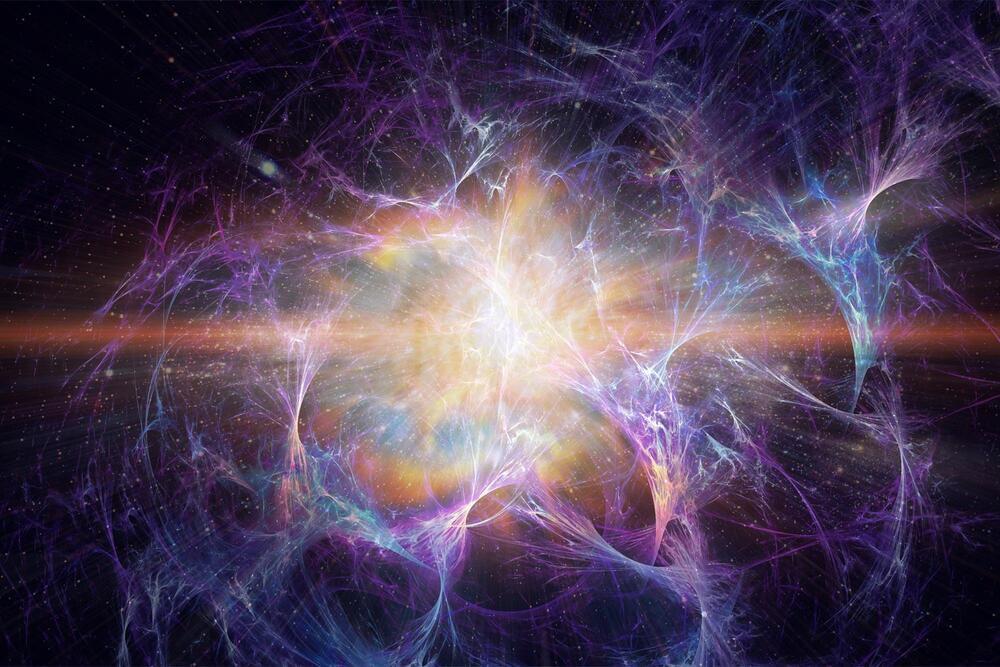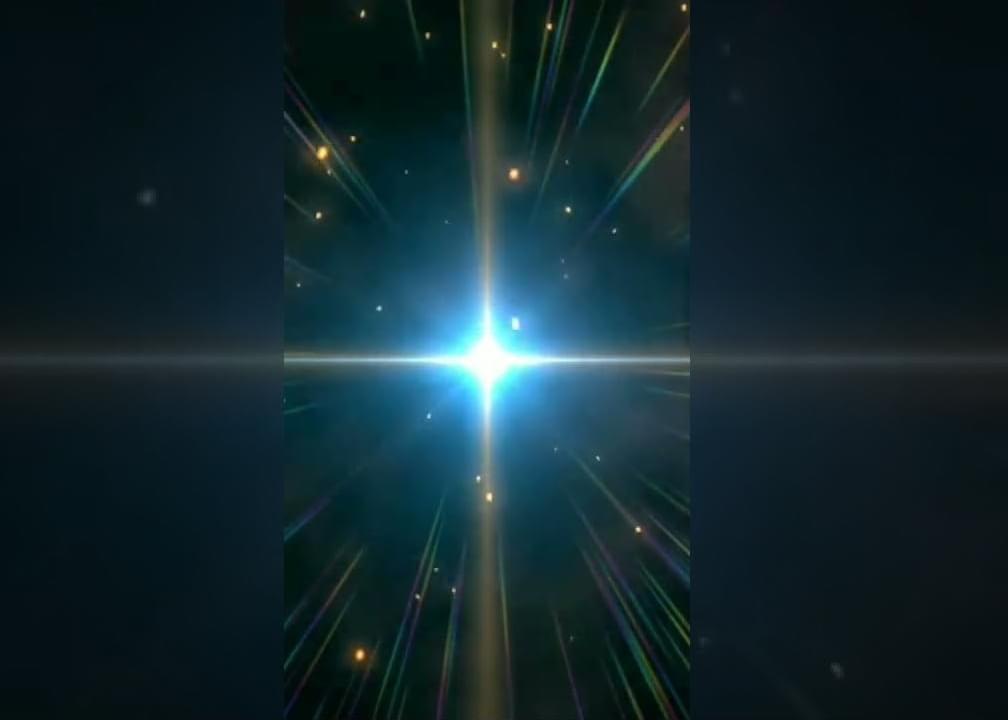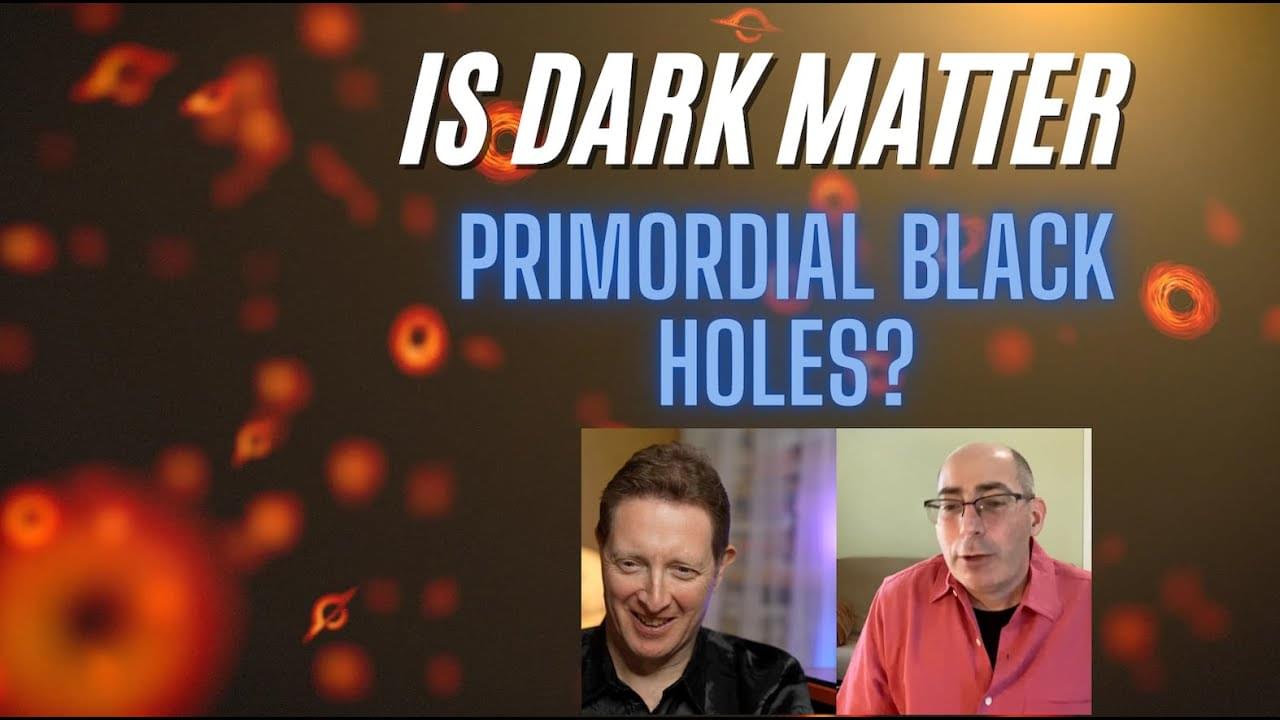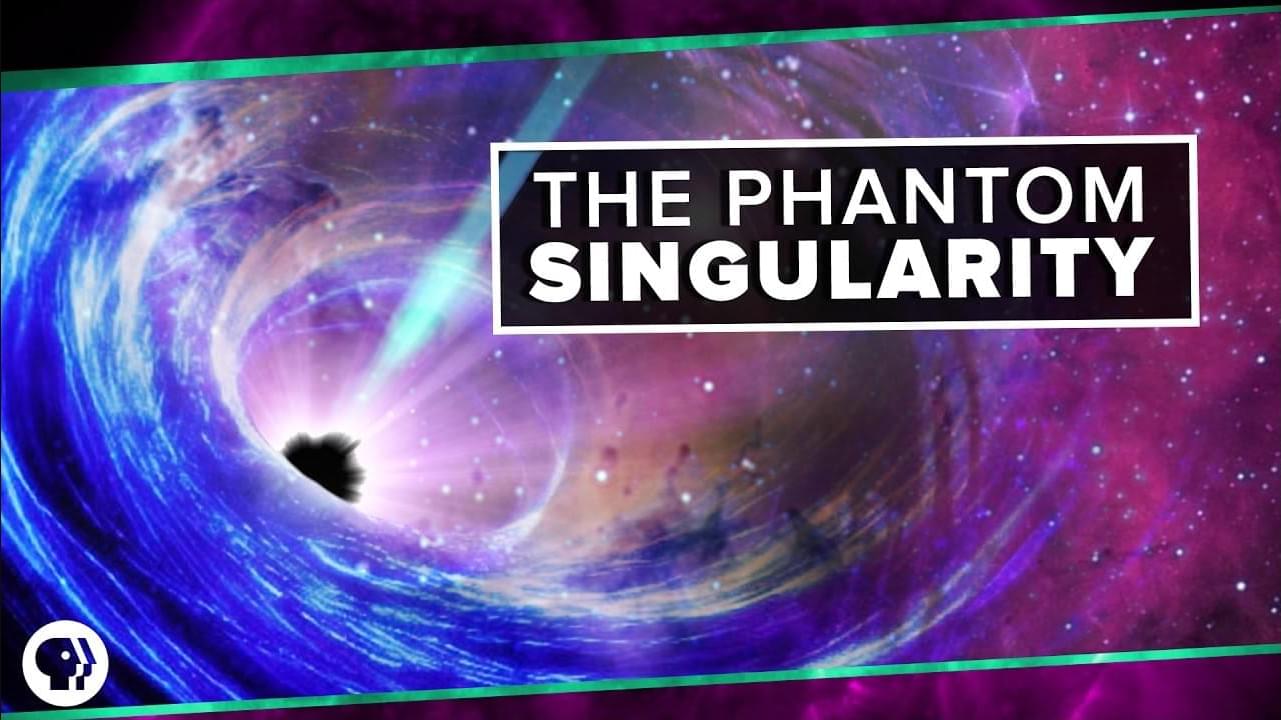Jun 15, 2024
12 billion years of black hole history, revealed through X-rays and simulations
Posted by Shubham Ghosh Roy in category: cosmology
Now, however, astronomers Fan Zou and W. Niel Brandt, both of Penn State University, have led a team that connected the two mechanisms of black-hole growth from observations and simulations. The results may provide some answers at last.
Related: NASA telescope spots ‘cosmic fireworks’ and faint echos from the Milky Way’s supermassive black hole
Continue reading “12 billion years of black hole history, revealed through X-rays and simulations” »
